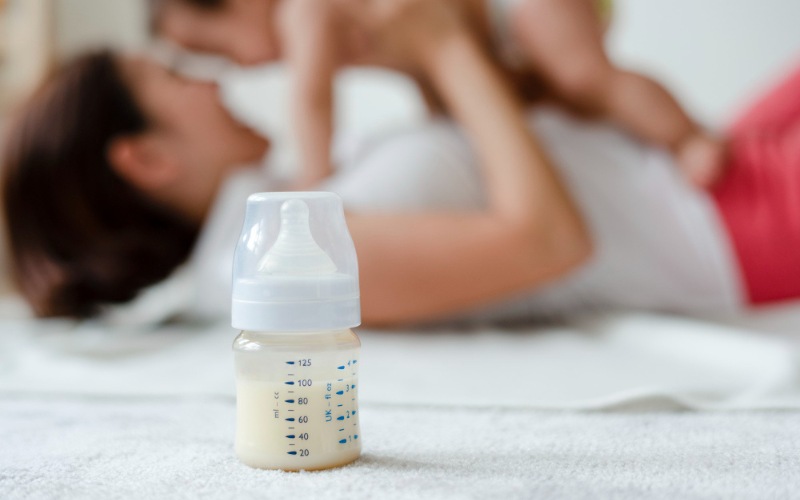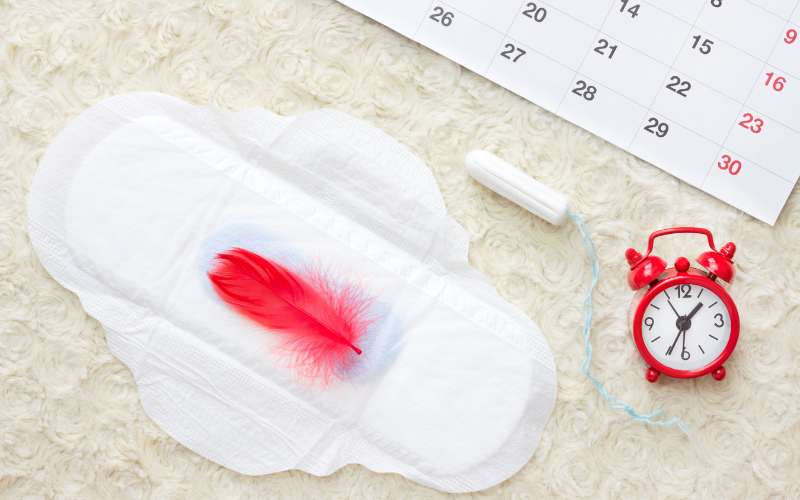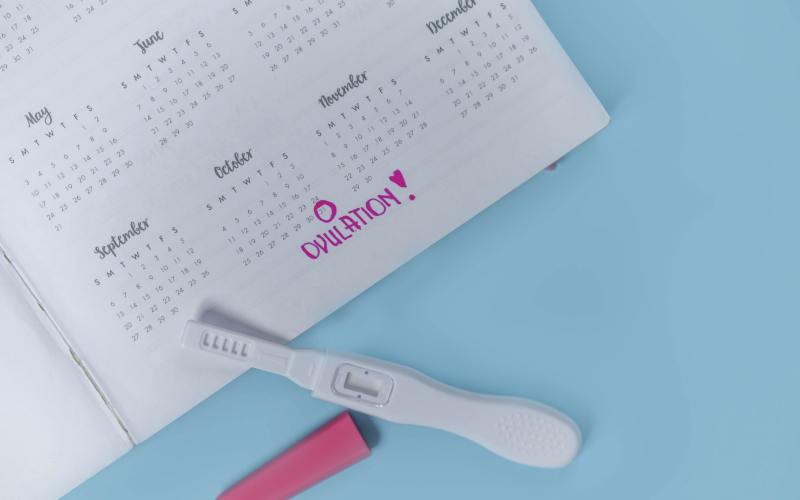Author – Shovna KC (PT)
Consultant – Physiotherapist Motherhood Hospital Hebbal, Bangalore
Are you confused between breastfeeding and formula feeding? Do you want to provide your child the best nutrition? In such a case, the best nutrition considered for a newborn is breast milk which is recommended by doctors as well, provided the benefits it concurs with. Though the final decision rests with the parents, it is important to know about the benefits of breastfeeding so to consider it as an ultimate choice.
Quick fact: Breastfeeding can burn upto 500-600 calories a day, thus helping some mothers lose weight.
Consultation
It is better to go for a lactation counselling when you have a baby with a best lactation specialist or consultant. If that’s what you are eyeing on then Motherhood Hospital is eminent for the best breastfeeding and lactation consultants along with the counseling services that add to its prominent value.
Benefits of breastfeeding over Formula feed
If we look at the advantages from both mediums, breast feeding leads the tally. In terms of nutrition, breastfeeding has a perfect balance of nutrients that are present in high levels like proteins, carbohydrates, fats and calcium, for the better development of the child in their early years. When it comes to formula feeding, it can be devoid of nutritional content as it is manmade. Breastfeeding concurs to easy digestion and absorption by the babies, whereas formula feeding cannot relate with efficient absorption, where some babies can also have some toleration problems regarding certain nutrients in it.
Besides nutritional value, breastfeeding also relates with the changing nutritional requirement as the content varies as per the production of milk from the mother. To add more, breast milk has the best temperature that a baby can consume easily. The amount consumed during formula feeding is decided by the parents or caregiver where it may be difficult to correspond with proper temperature as well. When it comes to providing immunity, mothers milk contains the required immunoglobulins which can provide passive immunity to the baby and protect them from various diseases. Passive immunity which is acquired from the immunoglobulins through breast milk provides temporary immunity to the baby until its immune system becomes functional. Breastfeeding is also beneficial to the mother as it reduces the risk of breast cancer, diabetes, heart disease, etc.

While these are content related comparisons, breast milk can also confer with other benefits. The best thing amongst all is that this milk is absolutely free where there is no preparation needed. Formula milk needs preparation and can correspond to average or good amount of expense depending upon the brand that is being used. Having said that, formula feeding has a unique feather to its cap for which it has become needful for some parents. And that is, there is no need for a mother to feed the baby when it comes to formula milk.
Cons of breastfeeding
While we have gone through the pros, there are some cons that are adhered to both of these methods. The mother must be available for feeding the baby whereupon her absence, milk should be pumped beforehand. Besides, a mother may get uncomfortable during the early days of breastfeeding. There are also some medications that can interrupt with breastfeeding as well. On the other hand, formula milk may be somehow intolerable for the baby where it can lead to diarrhea. Moreover, there is always a need to carry bottles, and formula items with you which can be inconvenient.
It is important to note that formula making can never create the contents that are present in original breast milk as there are still some contents that are unknown to us when it comes to breastfeeding. Besides, the bonding cohered with the mother-baby relationship comes into play with breastfeeding, which cannot be replaced with any formula. That is why health experts agree that the healthiest option for both mother and baby is breastfeeding.
At Motherhood Hospitals, we have a team of experienced super specialists backed by the latest in infrastructure and facilities. We are experts in handling complex deliveries, gynaecological, and other surgeries including a range of laparoscopic surgeries.
Do take an appointment with the best maternity hospital in Hebbal, Bangalore at a centre closest to you. Meet with our doctors who will carry out the required investigations, diagnose the issue and recommend the most appropriate treatment, enabling you to lead an active life.
If you wish to get in touch with Dr. Shovna KC, please book your appointment here.


 Toll Free Number
Toll Free Number
















